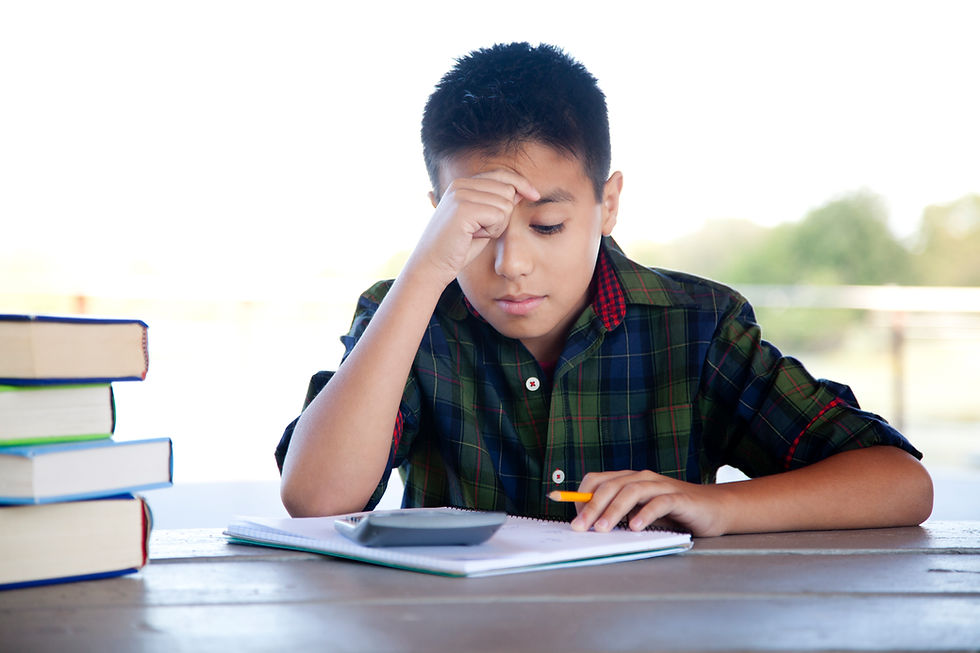Teachers are thriving in charter, private schools
- Joanne Jacobs

- Jun 13, 2023
- 1 min read
Teachers, Facing Increasing Levels of Stress, Are Burned Out, according to a March story in the New York Times.

That seems to be true for many traditional public school teachers, writes Mike McShane of EdChoice in Forbes. However, most private and charter school teachers are thriving, according to a national poll of teachers this spring.
Teachers were asked: "How likely is it that you would recommend teaching to a friend or family member?”
Overall, only 36 percent of teachers were "promoters," while 41 percent were "detractors," yielding a net promoter score of -5, writes McShane. But the negativity was driven by teachers in traditional public schools, who had a score of -21. "Private school teachers score +34 and charter school teachers score +42, with both sectors having far more promoters than detractors."
Forty-one percent of traditional public school teachers said that they were "thriving," while 54 percent were neutral, and 4 percent said that they were "suffering." By contrast, 66 percent of charter teachers and 69 percent of private school teachers were "thriving," and only 1 to 2 percent were "suffering."
Most traditional public school teachers -- 72 percent -- said their school contributed to their happiness. That rose to 90 percent for private school teachers and 94 percent for charter teachers.
Those happy private and charter teachers aren't making more money, on average, and they're unlikely to have better benefits. What are their school leaders doing?



"What are their school leaders doing?"
Making sure that the teachers don't stay more than a few years?
I mean, this is absurd on its face. It's well documented that charters and privates have far more attrition than publics.
Primarily, the difference that probably matters most is privates and charters are keeping order in the schools, and not letting students run amok and prevent other kids from learning.
Ann in L.A.